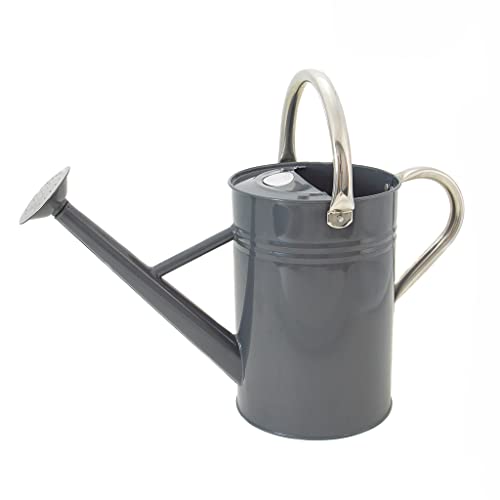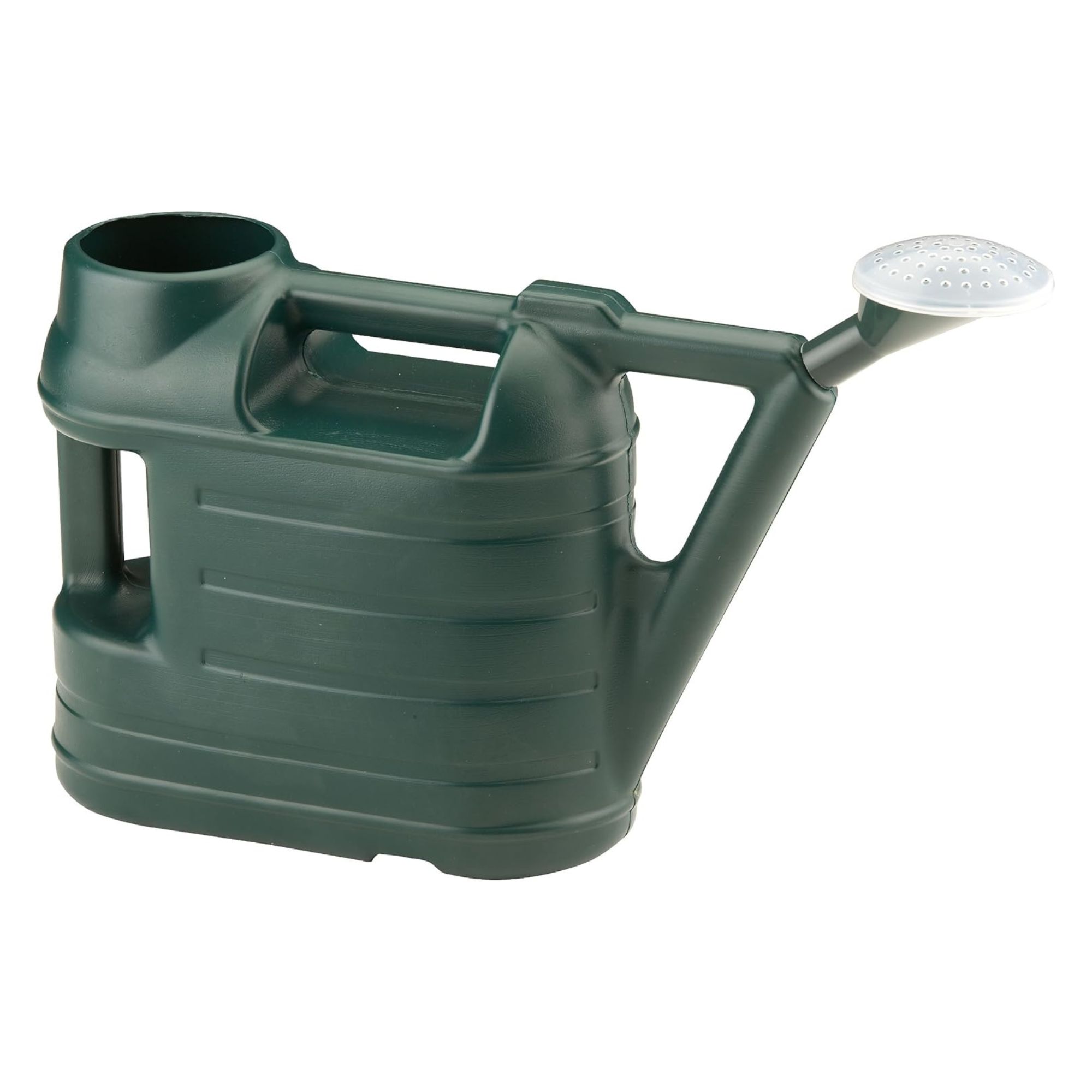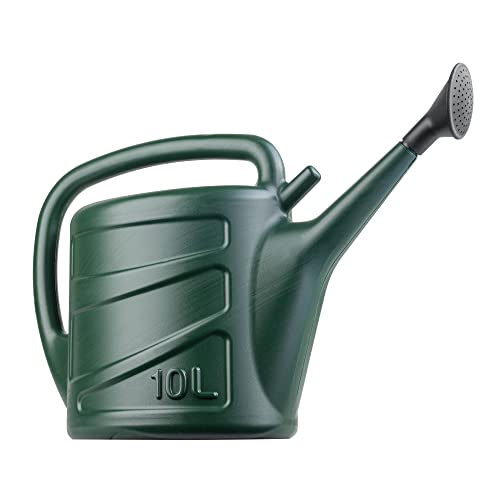How to water your garden during a hosepipe ban – 4 alternatives that will keep your plants hydrated (and avoid fines!)
From recycling water to using drip irrigation systems

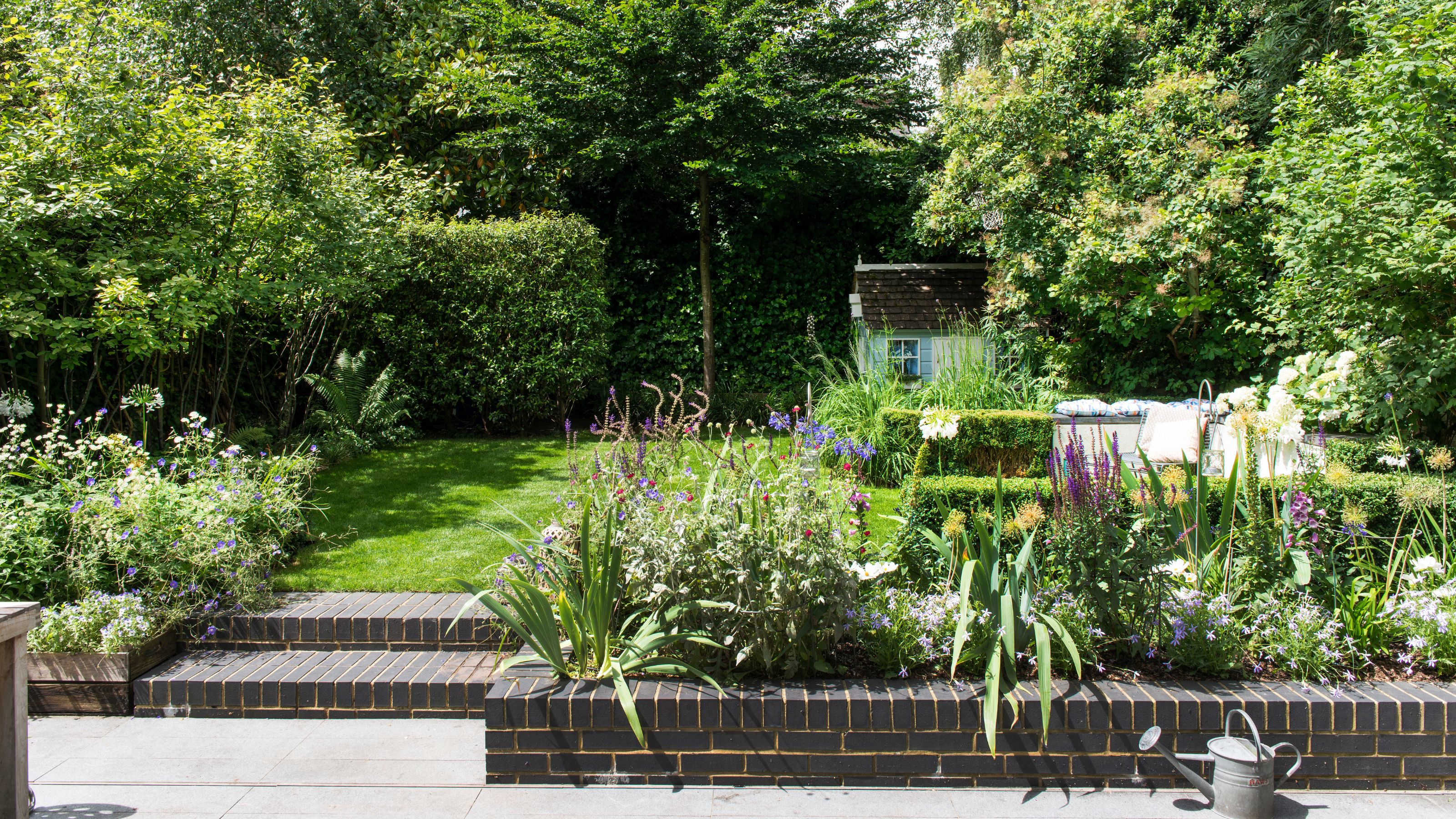
Sign up to our newsletter for style inspiration, real homes, project and garden advice and shopping know-how
You are now subscribed
Your newsletter sign-up was successful
Many of us rely on a hose to water our plants, so it's worth learning how to water your garden during a hosepipe ban if your area is affected this summer.
If you’re familiar with hosepipe ban rules, you’ll know that you can’t use a hose connected to a mains water supply while the restriction is in place. Your plants don’t have to suffer under a hosepipe ban, though – there are plenty of ways to keep them hydrated without relying on a hose.
I spoke to the experts to round up the best ways you can water your garden during a hosepipe ban, from recycling water to using a drip irrigation system.
1. Use a watering can
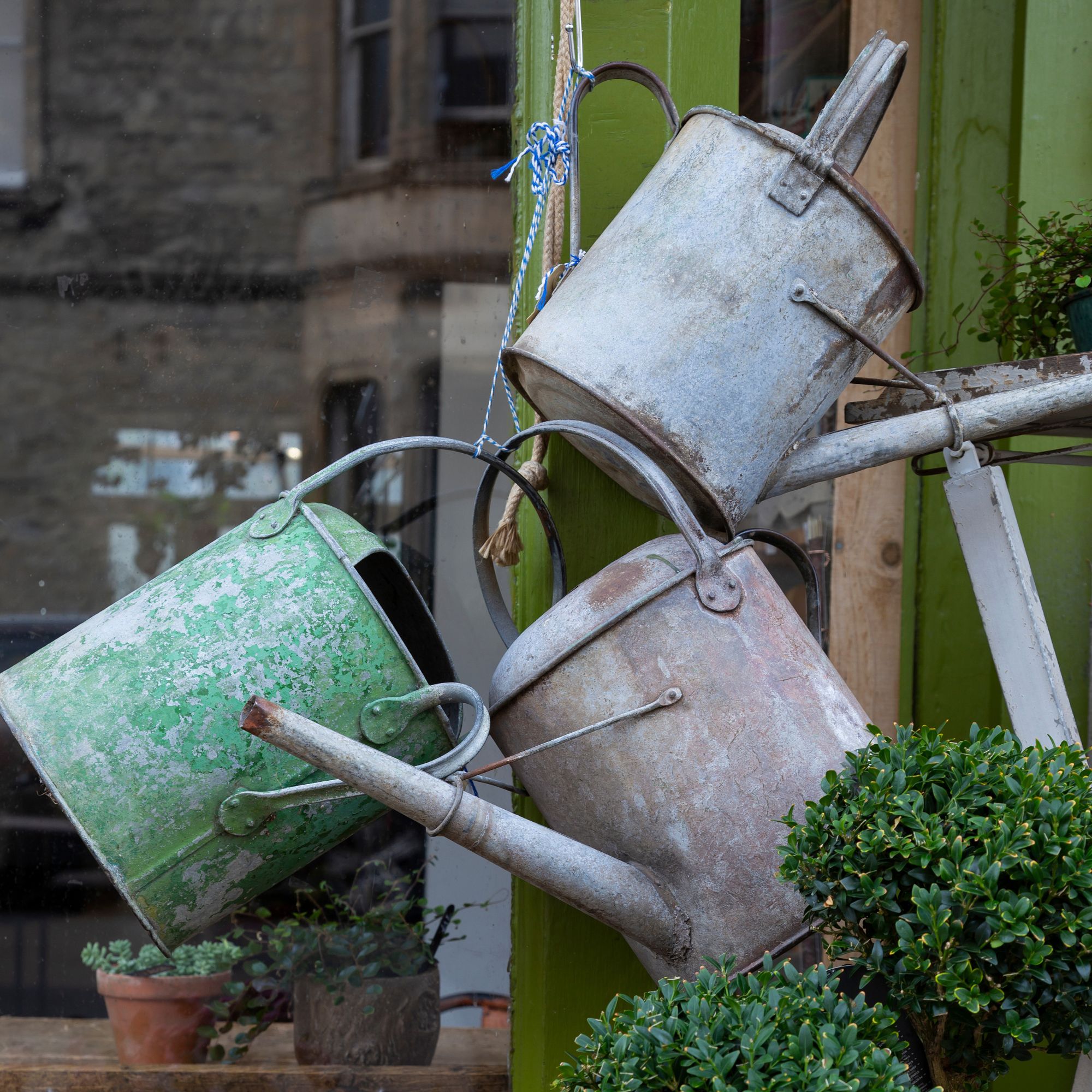
Although you can’t use a hose during a hosepipe ban, you can use a watering can – and you can even fill it up from the mains water supply.
‘The simplest and most effective method is to use a watering can,’ says Luke Newnes, new build gardening specialist, gardening content creator and member of the Interior Squad at Hillarys. ‘This ensures you’re making the most of available resources and targeting water exactly where it’s needed.’
For even more efficiency, find out whether it's better to water your plants in the morning or at night.
To really conserve water, though, Luke says you should make use of recycled water instead of going straight for the mains...
Sign up to our newsletter for style inspiration, real homes, project and garden advice and shopping know-how
2. Make use of a water butt
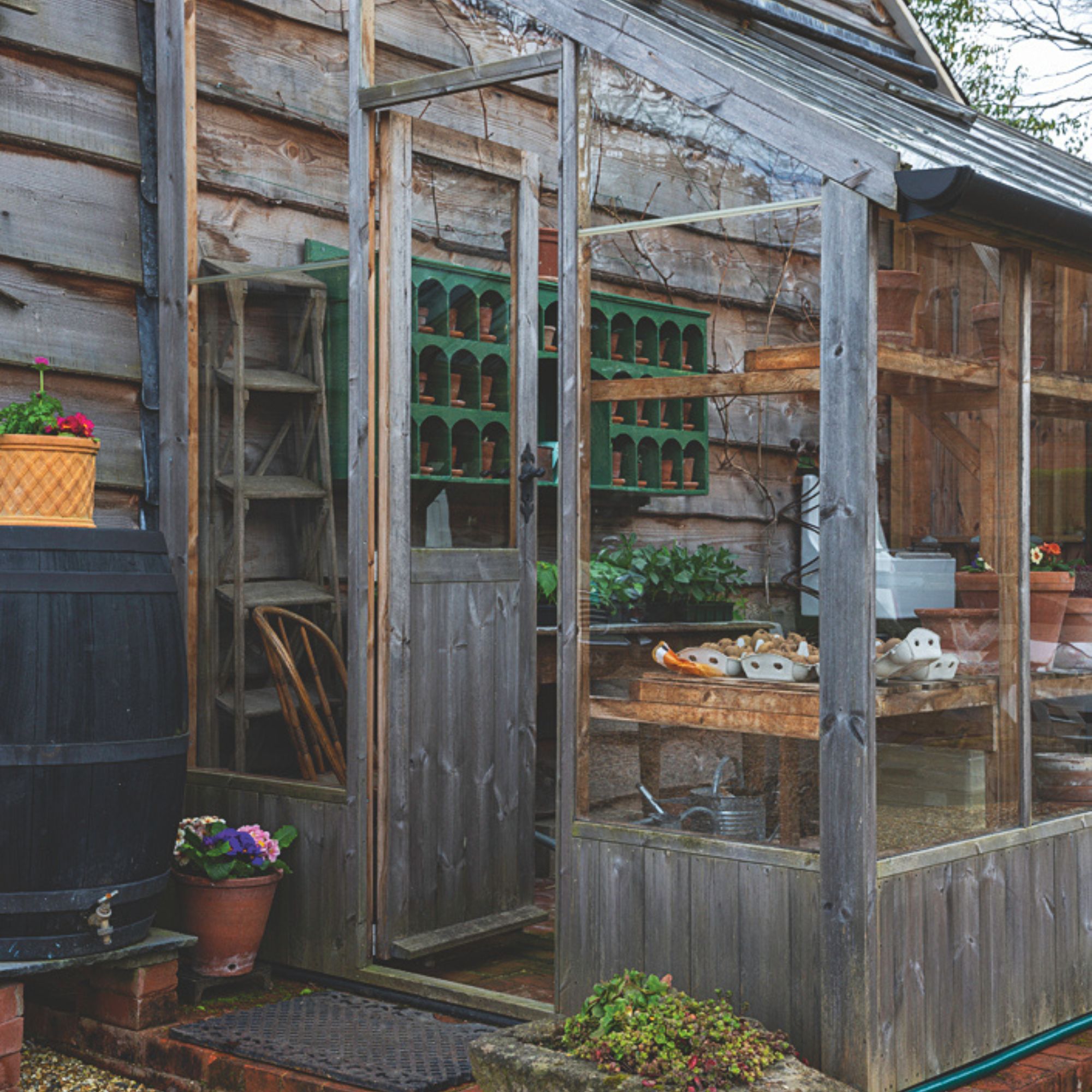
If you’ve installed a water butt in your garden, now is the time to make use of any collected rainwater. You can buy a simple space-saving water butt kit from Amazon for just £36.99, or upgrade to a solar version with a pump.
'One of the most effective options is using a water butt and pump system, such as Hozelock’s new Solar Select,' says Alina Gordon, Hozelock’s consumer marketing executive. 'This smart, solar-powered solution does not require mains electricity or a tap and can draw water from a water butt, or even from a simple bucket of rainwater or grey water from your home. It is a convenient and sustainable way to keep your garden watered.'
If you don't have a water butt (or it's empty), you can recycle water from other areas of the home...
3. Reuse grey water
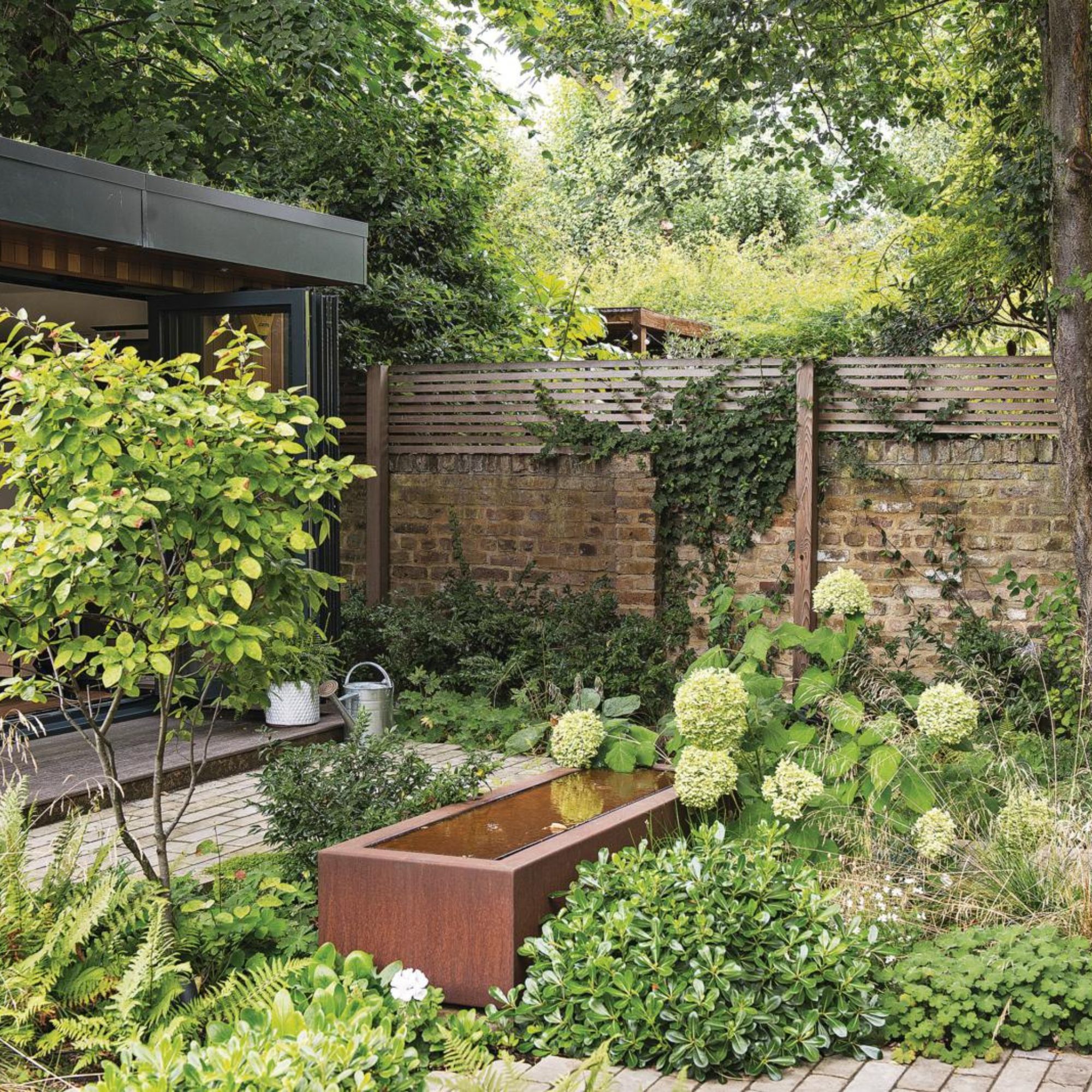
If you’re wondering how to water your garden during a hosepipe ban without a water butt, you can actually recycle water from your home. Just make sure you aren’t using it on vegetables and other edible plants, but it's a fantastic option if you're trying to look after your lawn during a hosepipe ban.
‘Rather than using a hosepipe, household water, known as grey water, can be collected and used instead,’ says gardening expert Lucie Bradley, who teamed up with David Wilson Homes to provide hosepipe ban watering advice.
‘Examples of this include bathroom sink and shower water, kitchen sink water, and leftover bathtub water, provided these are all free from harsh chemicals or pollutants.’
4. Set up a drip irrigation system
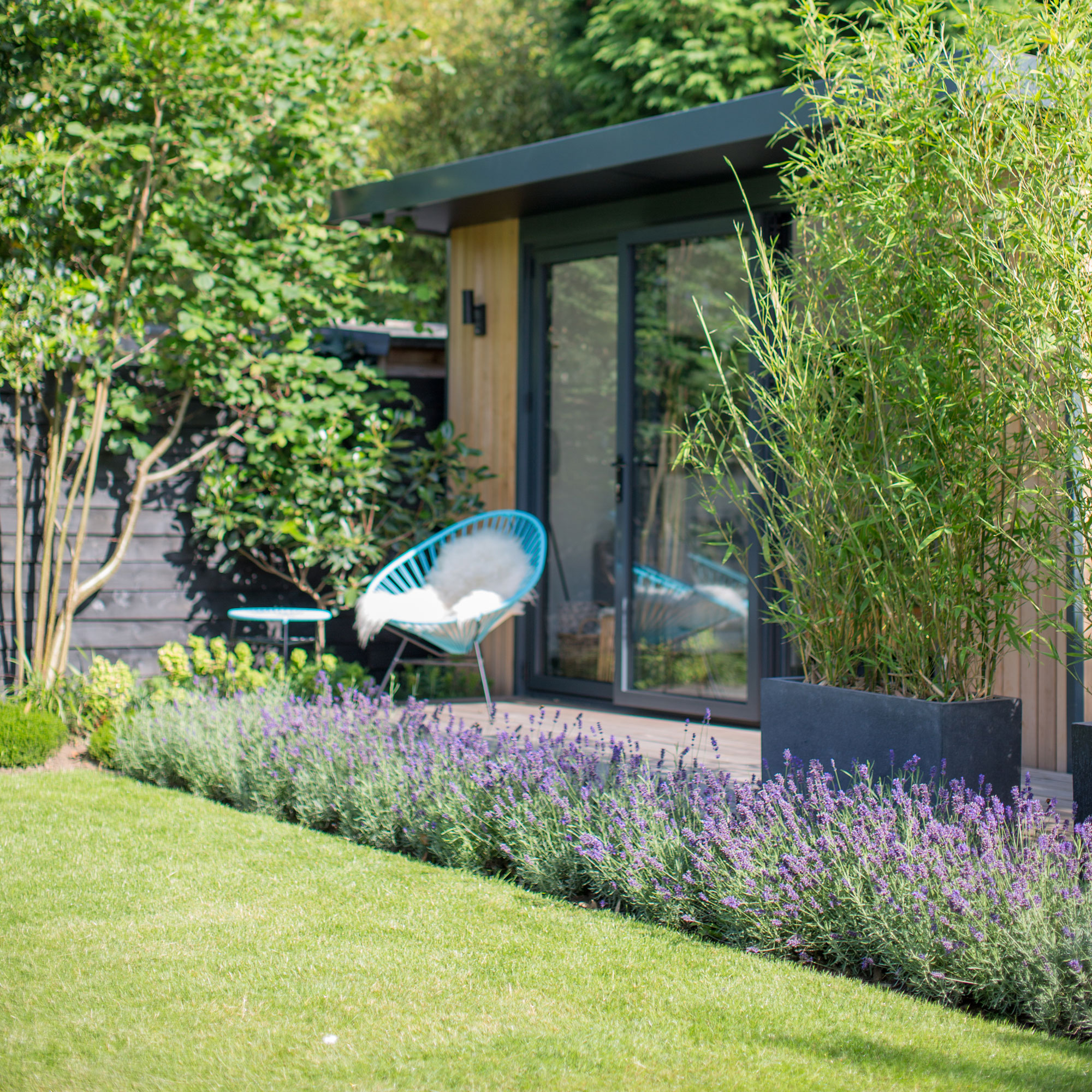
If you learn how to set up a drip watering system properly, these irrigation methods are actually exempt from a hosepipe ban - but only if they're set up properly.
'Irrigation systems may be used if it is a fixed drip or trickle irrigation watering system, connected to a metered water supply,' says Yorkshire Water on its website. 'The system must be fitted with a pressure reducing valve and a timer and the system must place water drip by drip directly onto the soil surface or beneath the soil surface without any surface run off. It must not disperse water through the air using a jet or mist.'
Drip irrigation systems are a brilliant way of delivering water to plants efficiently, as and when they really need it. As ever, though, double-check your local authority's hosepipe ban rules beforehand.
'Drip irrigation systems and porous soaker hoses are typically permitted during a hosepipe ban, as they use water efficiently and help conserve resources,' explains Alina from Hozelock.
'Solutions like Hozelock’s Easy Drip Universal Kit, £52.78 at Amazon or Hozelock's Pot Watering Kits, £52.99 at Amazon, are ideal for keeping your patio pots, hanging baskets, borders, and vegetable patches well-watered. They deliver water directly to the roots, reducing waste and making garden care both effective and effortless – even during restrictions.'
Luckily, there are plenty of alternative watering methods you can use during a hosepipe ban. Just make sure you know how often you should be watering your garden in hot weather, and your plants should tick along nicely.

Sophie joined the Ideal Home team as Gardens Editor in June 2024. After studying English at Royal Holloway, University of London, she began writing for Grow Your Own, which spurred on her love of gardening. She's tried growing almost every vegetable under the sun, and has a soft spot for roses and dinnerplate dahlias.
As Gardens Editor, Sophie's always on the lookout for the latest garden trend. She loves sharing growing hacks for every space, from herbaceous borders to balconies.
